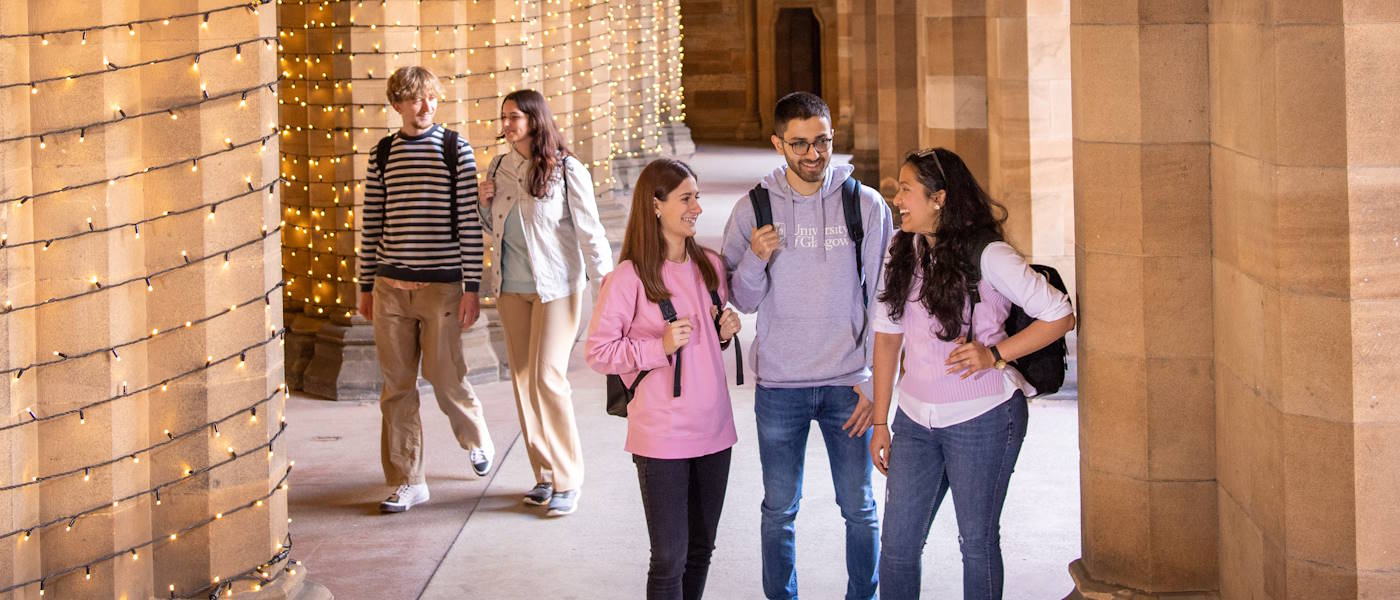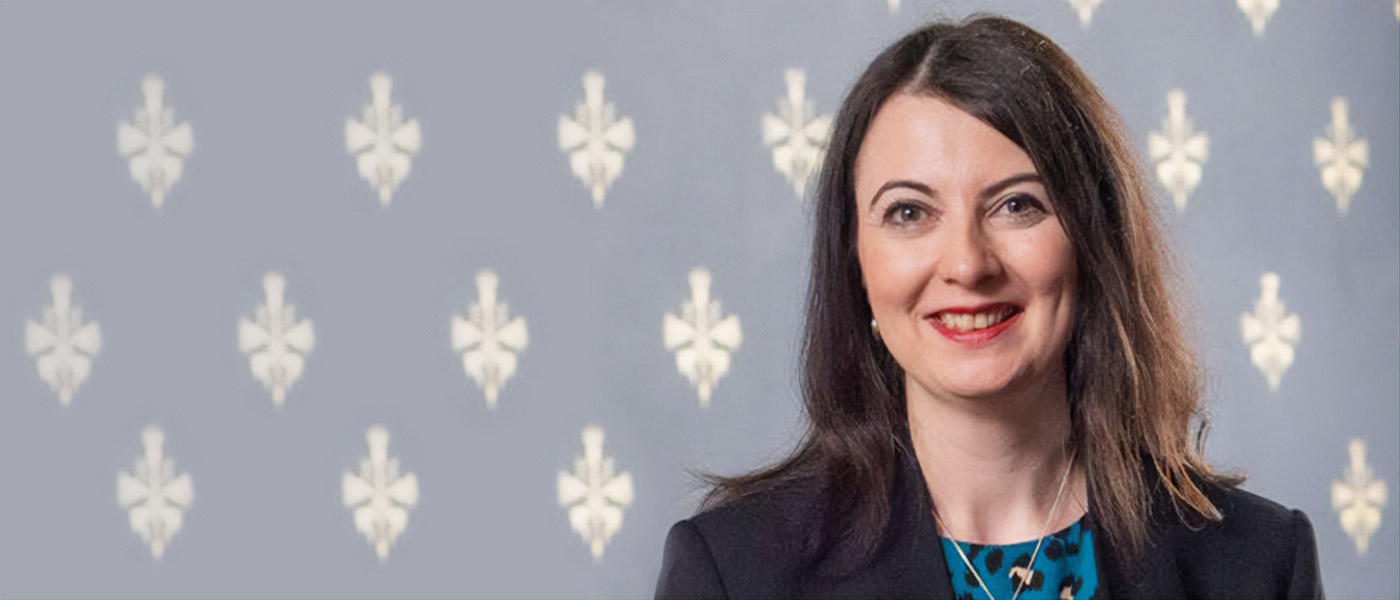Global Relationships

Developing and strengthening important international relationships, with a specific focus on societal impact at both a local and global level.
We will:
- Collaborate and engage creatively with partners, including our Transnational Education (TNE) partners, to deliver clear outcomes linked to research, learning and teaching, knowledge transfer, industry engagement and mobility, identifying or consolidating at least one priority partner in each region of the world in support of institutional strategic objectives.
- Double the proportion of students obtaining an international experience, and specifically increase the participation rates of students from low-participation backgrounds.
- Leverage and lead in our international networks, Universitas 21, The Guild of European Research-Intensive Universities, the CIVIS alliance and engage with the African Research Universities Alliance, with particular focus on furthering the aims of the UN Sustainable Development Goals and developing our activities within Europe and the Global South.
- Facilitate opportunities for our colleagues, students and stakeholder communities, as well as our global alumni and industry networks, to both support and benefit from the internationalisation activities delivered by the institution; for example, access to funding, mobility and networking opportunities, and the development of intercultural competencies
Three global partners; one incredible experience
We aim to equip our students with an education and skillset that is valued internationally. Our Master of Global Business, launched in 2020, encapsulates this international perspective by providing a truly global learning experience at three leading business schools across three continents (Europe, North America and South-east Asia).
For the University of Glasgow, the Master of Global Business is an opportunity to deliver a new model of mobility: a tripartite postgraduate masters exchange. The programme is delivered alongside our partners: University of Victoria, Canada and Chulalongkorn University, Thailand. This close collaboration offers students from all three universities the chance to gain global business insights.

Dr Ramona Blanes is the academic lead for Glasgow: "The programme enables the students to move with their cohort to three different continents, assimilate themselves in three cultures and learn about business management in Asia, Europe and North America," she says.
The courses are specifically designed to highlight to the students the similarities and differences in management styles and thinking, and the regulations in the countries.
Master of Global Business study begins at the home university. Then the international experience begins, with mobility taking place in each country: starting with study in the Peter B Gustavson School of Business (Victoria); followed by time at our Adam Smith Business School; and ending at the Chulalongkorn Business School (Bangkok). Finally, the students return to their home university to finish their studies.
As a global cohort, the students study in three diverse, international business environments. World-leading experts from each partner deliver a curriculum that includes business fundamentals, global leadership, cross-cultural intelligence, and a chance to learn a new language. In addition to the core courses, students have the choice to complete an international internship or undertake a thesis research project.
The benefits to the students are obvious, discovering how business is done in an international environment will help future careers. Living, working and studying in three countries equips the students with a high level of cultural awareness and cross-cultural communication that increases effectiveness in international contexts.
In this model, all three partners offer this innovative degree. It is a new dynamic model of delivery that Glasgow is delighted to deliver.
Find out more
Engaging with the University of Sydney
Professor Clare McManus is our Dean for Global Engagement (South-east Asia & Australasia). The strategic partnership between UofG and the University of Sydney is an example of successful international collaboration.
"We have had considerable success in developing research and teaching partnerships with universities in South-east Asia and Australasia," explains Clare. "Historically, most of this engagement has been through face-to-face activities when we have welcomed our partners to Glasgow; or when our researchers, staff and students have travelled to the region to engage in research and teaching and exchange of best practice.

"The COVID-19 pandemic has led us to modify our approach to internationalisation. We have moved many of our international activities online in order to continue to fulfil our core mission to undertake world-leading research and teaching. And we have done this in collaboration with our global partners as part of our commitment to improve societies and address major world challenges, including the current pandemic, during these difficult times."
In September 2020, Glasgow and Sydney held a Joint Virtual Workshop which highlighted some of the exciting collaborations, and discussed ways to create and develop new connections and access opportunities for external funding.
Clare highlights the strategic partnership between UofG and the University of Sydney as an example of successful international collaboration.
"Our strong commitment to international engagement is exemplified by the strategic partnership which we have with the University of Sydney (USyd). It is governed by a Memorandum of Understanding signed in 2016 in which both universities have committed to work closely to develop a range of joint teaching and research opportunities. Together we run a Partnership Collaboration Award to support research and other collaborative activities between Glasgow and Sydney with both universities allocating funding annually to support joint projects.
One of the projects highlighted was 'Exploring Mars Atom by Atom' led by Professor Martin Lee (Head of School of Geographical & Earth Sciences, UofG) and Professor Julie Cairney (School of Aerospace, Mechanical and Mechatronic Engineering, USyd). This project will develop globally recognised capability in the atomic scale analysis of extra-terrestrial materials obtained by robotic missions to Mars, the Moon and passing asteroids; and will enable Glasgow and Sydney to lead international efforts to analyse these unique and exciting samples.
A further virtual event was organised by Glasgow and Sydney in November 2020 and this time the Indian Institute of Science Education and Research (IISER) Pune was also invited to take part. IISER Pune is Glasgow’s strategic partner in India. During this webinar, staff and students from these three higher education institutions spoke about their experiences of engaging in online learning and teaching during the Covid pandemic.
Furthermore, we are planning a symposium to bring together our experts in cardiovascular disease (causes, prevention, diagnosis and treatment). This will expand our existing collaborations in this area and will also showcase the work of our early career researchers. Moreover, our business schools (Adam Smith Business School and the University of Sydney Business School) are forming a strategic partnership and will be developing a series of joint teaching and research activities over the next few years.
There are plans for more events to facilitate meaningful virtual engagement for staff and students from across all disciplines at our two universities.
New joint PhD arrangement
A new joint PhD Principal Agreement builds on the existing partnership between our institutions and will provide even greater opportunities for research collaboration and student learning.
The first round of PhD students to benefit from the arrangement will be through the collaboration between students and researchers at the University of Glasgow’s College of Medical, Veterinary & Life Sciences and the University of Sydney’s Charles Perkins Centre.

